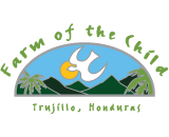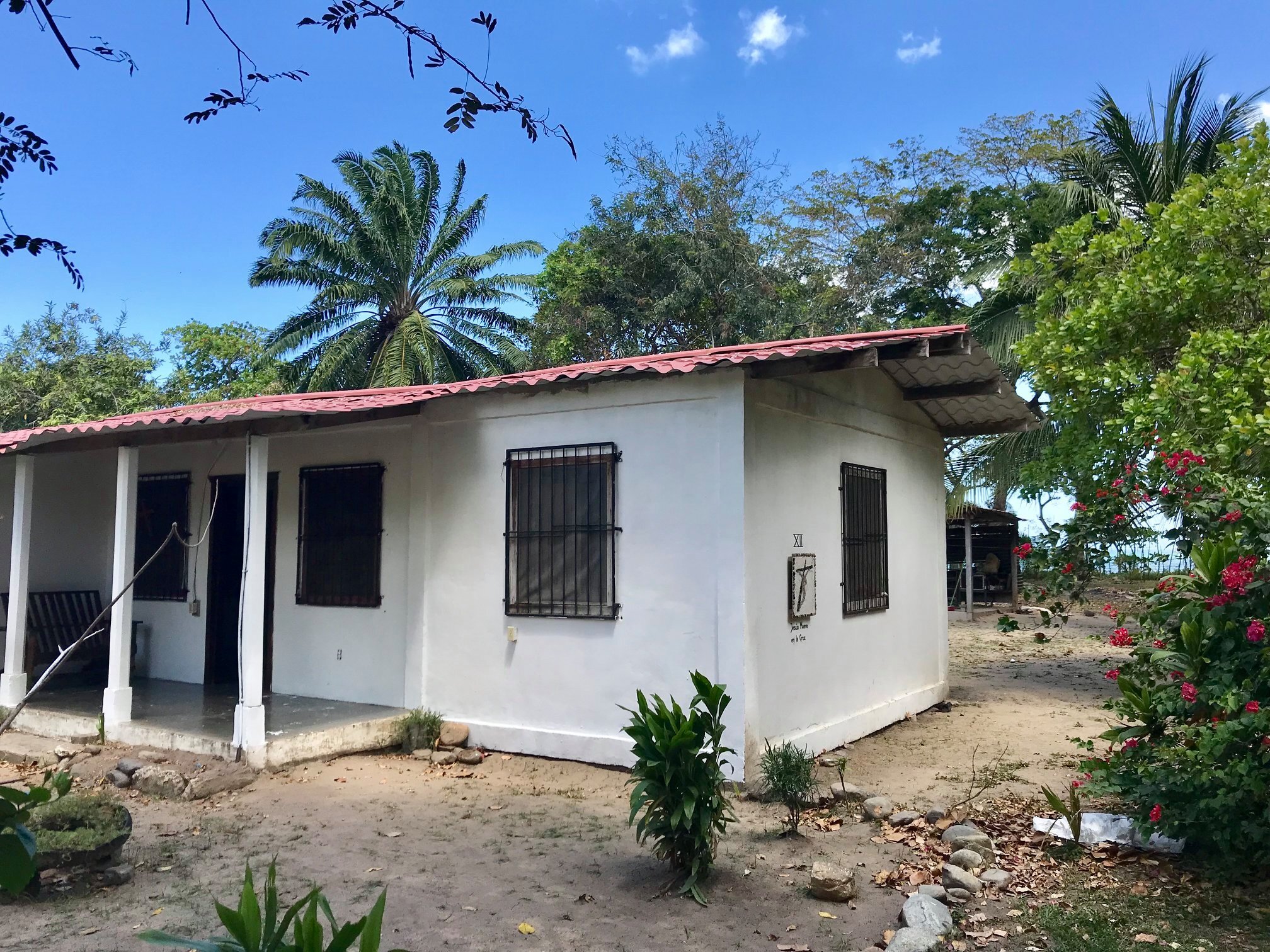A LOVING HOME FOR CHILDREN
We are child advocates!
Finca del Niño primarily serves as a home for up to 50 children, ranging from 2 to 18 years old. Each child comes to our care from the Directorate for Children, Youth and Family, the Honduran governmental agency equivalent to Child Protective Services. Some children are orphans, others were abandoned by family, and others have suffered situations of severe emotional and physical trauma, malnutrition, or gang violence. Whatever their background, each child arrives with his or her own story and challenges.
With the Holy Family as our model, we offer children the chance to live in healthy family-style homes. There are six homes throughout the property where children live in groups separated by age and gender. Our Honduran house parents and tías (aunts) lovingly raise three to seven children with the support of the larger community of international missionaries, Honduran staff, and Franciscan religious sisters.
We integrate evidence-based trauma informed practices into all of our child-centered programming. While in our care, every child receives mental and social health services from our psychologist and social worker, helping to heal the wounds created by previous traumas. Our doctor and nurses care for their physical health. Children receive spiritual formation through daily communal prayer, catechesis from the Franciscan Sisters, and a Catholic education at our elementary and middle school.
We care for each child as a beloved son or daughter of God and compassionately guide them on their healing journey, equipping each child to thrive.
In this video, tÍa lourdes describes her experience working as a tÍa at the farm. The honduran staff that care for our children 24/7/365 are incredible!
EDUCATION
Education is the key out of cyclical poverty.
In rural areas, Honduran children face serious challenges to their educational goals. Many come from difficult family situations including illiteracy, alcoholism, and poverty. Children are pulled out of school to help with the crops, care for sick family members, or watch over the house and younger siblings. Even if a child’s family situation permits them to attend school, insufficient financial and human resources debilitate Honduran schools. It is not uncommon to find a sixth grade student who is unable to read.
We believe that all children deserve access to a quality education. Children living at the Farm join approximately 100 children from the neighboring villages at Centro de Educación Básica Católica San Pedro elementary school and Instituto Vicente Pescatore middle school where they learn side-by-side. We employ certified Honduran teachers and international missionary teachers to offer classes in everything from math and Spanish to social studies and English! Our computer lab, library, and special education program provide specialized educational support unheard of in other parts of Honduras. Our pedagogy is shaped by our commitment to faithful and formative Catholic education.
When teens from the Farm graduate from middle school or high school, helping them discover and pursue their career choice is part of our responsibility. We are constantly investigating vocational schools and continued educational opportunities that will empower each teen to contribute positively to their future communities.
Our teachers use song to create engaging lessons for their students, especially in kindergarten
HEALTH CARE
we are committed to the care of the human person, body and soul.
According to the Centers for Disease Control, in Honduras there is less than one medical doctor per 1,000 persons. Health care is inadequate, and in many areas, nonexistent. Many women give birth in their homes with an untrained family member attending the birth. Sanitation is poor, causing many preventable diseases and health problems. Large families live in straw or mud huts with dirt floors. They cook on wood-burning stoves inside their homes and the smoke from these stoves causes asthma for many family members, especially the young children.
Sacred Heart Clinic offers a variety of medical services for residents of the Farm and the surrounding villages. Regular office hours for consults are offered twice a week, while emergency care is available at all hours. The setup is similar to a family physician's office in the United States, even offering minor surgeries and basic laboratory testing including blood counts, blood sugar checks, urine exams, and pregnancy tests. The clinic is staffed by a medical doctor who lives in the neighboring town of Santa Fe and two missionary registered nurses (BSN, RN). The team attends to approximately 1,500 patients at the clinic every year and dispenses roughly 900 prescriptions per month. The children living at the Farm receive regular checkups, dental care, and immunizations. Throughout the week, missionary nurses distribute medications, accompany children to appointments with specialized doctors, and attend to the occasional cough and fever.
Patient education is another important part of this ministry. In addition to the perennial topics such as nutrition and basic health care, Sacred Heart Clinic has trained local couples to teach Natural Family Planning. Finally, but most importantly, attention is given to the spiritual needs of the patients through Catholic art and Christian music in the Clinic, the distribution of rosaries, and praying with the patients.
Most prevalent illnesses treated
Respiratory illnesses
Skin infections
Digestive illnesses
Patient demographic
1st most common age group: 20-49
2nd most common age group: children under 15
Most patients are female









